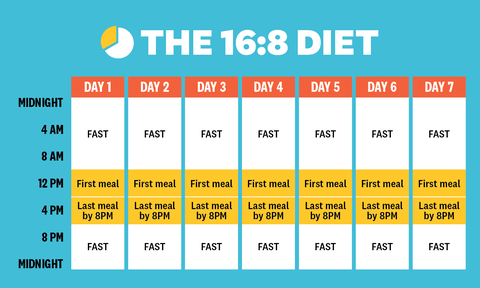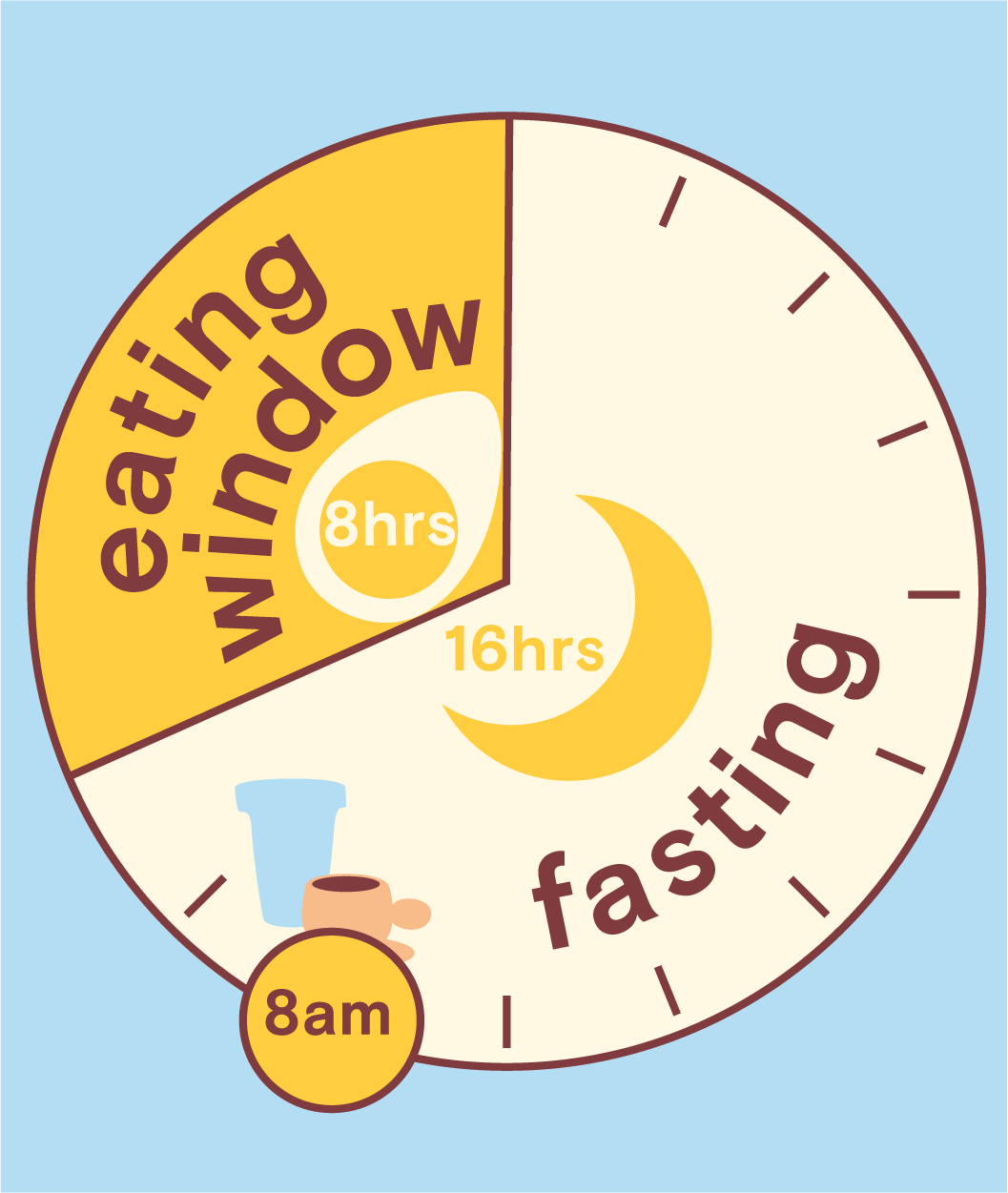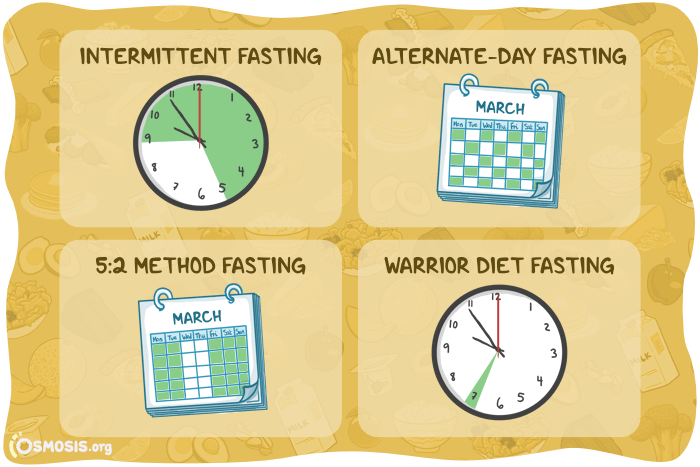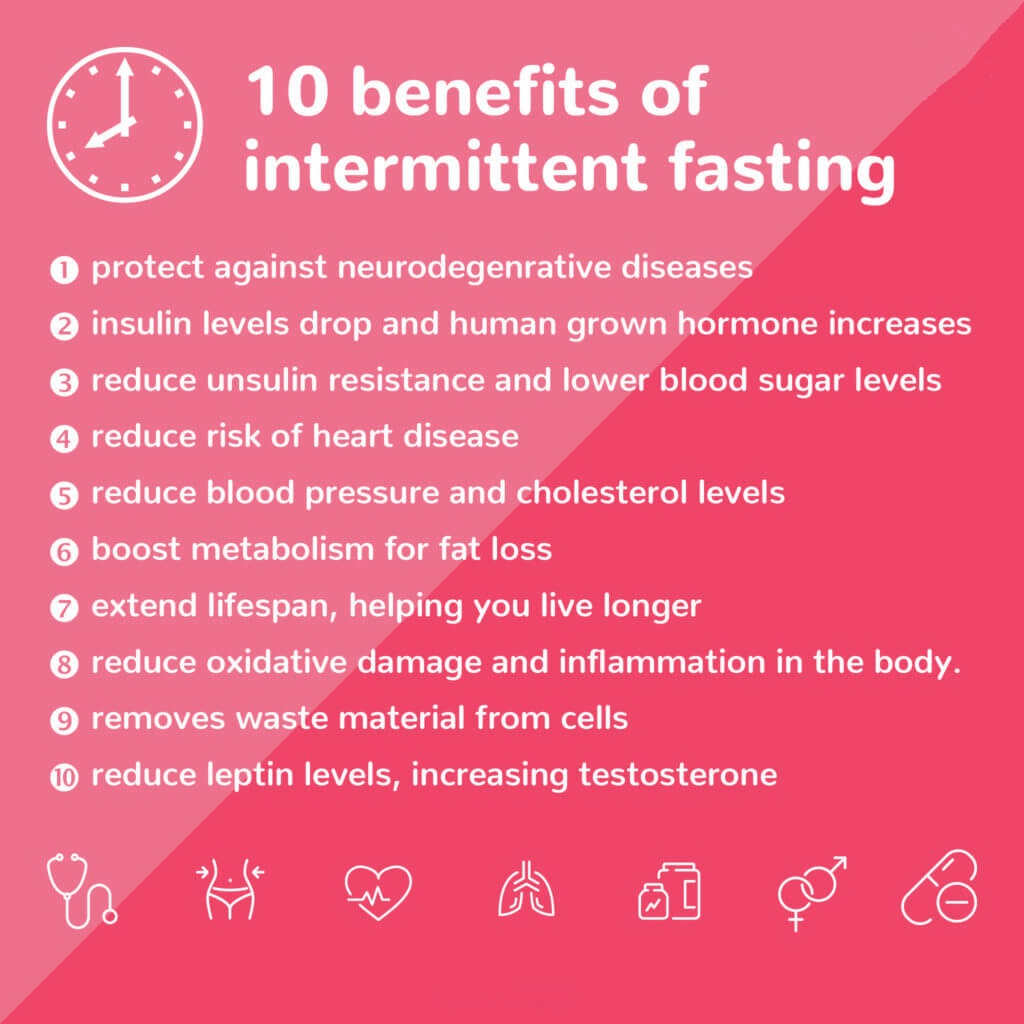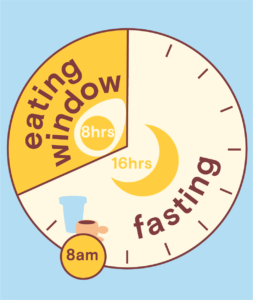
If you’re new to fasting or have been on it for a while and found it wasn’t working for you, it’s likely you’re wondering what Intermittent fasting is. Most individuals have already heard about intermittent fasting, by not eating food for a certain period of time in the day and then following it up with a long-term feeding window. Intermittent fasting, also known as “mealsaver” or “feeding time,” is just a modified version of intermittent fasting where a series of meals are broken up into smaller meals, and you keep eating throughout the day.
Fasting for a short period of time is beneficial for many reasons, and you can do it safely and effectively without having to deal with the risks of harmful side effects that most other methods of fasting come with. By learning more about intermittent fasting, you’ll learn the benefits, how you can implement it in your everyday life, and discover what foods and liquids to avoid during your regime.
In intermittent fasting, you won’t eat for several hours out of the day and you return to eating normally after several hours, allowing your body to replenish its own stores of vitamins, minerals, and energy. This type of fasting helps you increase your metabolism, increase your vitamin and mineral intake, increases the amount of calories you burn through your normal daily activities, and decreases your appetite.
During intermittent fasting, the hunger hormone leptin is produced significantly less than usual because your body doesn’t need the energy supplied by your stomach or even your brain anymore. Because of this, your appetite is curbed, you will reduce your calorie intake, and the number of calories you burn through your normal daily activities will decrease.1 There have been a lot of theories on how intermittent fasting works.
Intermittent Fasting Basics – What is Intermittent Fasting?
Intermittent Fasting is the process of eating less food over a very short period of time. With intermittent fasting you only consume during a special time. Many people think that intermittent fasting is starvation but it is not. Intermittent fasting only allows you to eat a small amount of food during each meal or snack.2 Eating one food a few times a week or fasting for a certain amount of hours each day, will help your body metabolize fat more efficiently. And recent scientific studies point to some very interesting health benefits as well.3
Intermittent fasters will tell you that you should consume fewer than 1200 calories in a day to lose weight. Fasting just for a few hours each week will allow your metabolism to slow down and burn the fat that you want to lose. It can also help increase your stamina, which could be beneficial if you are an athlete or if you exercise regularly. There are many benefits to fasting. If you are looking to lose weight, fasting could possibly be the best way for you to do this. Fasting can also increase your metabolism and enable you to consume fewer calories than normal during the day.4
When you are fasting, there are many benefits to choosing to cut out all food for two days. Some of the most important benefits include improved brain function, more energy and a stronger immune system. Fasting has been used in many cultures around the world as a way to treat a wide variety of ailments.
What Are the Rules For Intermittent Fasting?
What are the rules for intermittent fasting? This is a question asked by many of the fasting enthusiasts out there. Fasting can be defined as a way to fast for a short period of time in order to jump-start your body’s metabolism and cleanse it out. Intermittent fasting has also been known to have some medicinal benefits. If you are wondering what are the rules for intermittent fasting, here are some tips and information that may help you on your way.5
Many people often ask what are the rules for intermittent fasting when they are first starting off with their own intermittent fasting program. The first thing that you need to do is understand how fasting works. When you fast, you do not eat during the entire duration of the fast. Instead, you allow yourself to go without solid food for up to four hours. This will allow your body to cleanse itself and give your mind and body a chance to adjust to missing the standard foods that we all become accustomed to.
- First of all, you should never fast while suffering from sickness or disease. Even if you believe that it is okay for your current health condition, it is important to maintain a healthy body and digestive system before going on any fasting diet. As always, consult with your physician before beginning any new health program and fasting.6
- Another thing to keep in mind is that intermittent fasting does not mean that you are allowed to completely miss your meals. Of course, during the day you should consume food in moderation. You can still eat snacks between meals and you can even have cheat meals. What you are trying to do at night is to rebuild what you have lost during the day. The concept is to rebuild your lost nutrients over the course of several days rather than all at once.
- It’s recommended to eat throughout a 6 or 8 hour window and prohibits the eating of any solid food during the other hours. Research indicates that fasting for 10-16 hours on a regular basis can result in ketosis which makes your body convert your fat storage into your main energy source, making your body burn your stored fat as if it were fuel, ultimately resulting in weight loss. The best way to begin intermittent fasting is to find out what your body requires for energy during the fasting period. It’s best to choose foods that have a high glycemic index. The Glycemic Index is a system for determining the carbohydrate content of a food based on its effect on blood sugar.
Eating frequently will help you remain alert throughout the fasting time. The trick is to eat frequently but with smaller meals. It’s important not to skip a meal; therefore, after your scheduled fast, always have something to eat or drink at the same time so your body doesn’t become bored with having nothing to eat. The trick is to have a steady diet plan and a steady water consumption rate.
What Are the Types of Intermittent Fasting?
There are many different types of fasting. Most of them involve eating some type of liquid (not too much, though) and then cleansing the body of toxins a few times each day. However, there are other types of fasting that aim to remove toxins from your body by cleansing it from the inside out. These types of fasts are used for detoxification purposes, and they’re usually called “detox fasting.”
One of the more popular forms of fasting is a juice fast. A juice fast involves drinking a certain amount of juices every day for a certain amount of time. Usually the length is between one to ten days, but some people do it faster as their weight loss progresses. The longer the fast, the more nutrients you get out of the fruits. You want to stay away from sugary foods so the juices should be unsweetened.7
There are also different types of fasts that you can incorporate into your life in order to gain the health benefits. One of these is known as “intermittent fasting.” Intermittent fasting is done by depriving the body of a certain type of food or drink on a regular basis. Intermittent fasting is recommended for those who want to lose weight, decrease their appetite, and feel better in many different areas of their body.
Many individuals are now getting into varying types of fasting, where they either choose to only cut out certain foods or eat more often. Usually, individuals do this for a few weeks to lose a bit of weight because it is much easier and effective to do that way than with a low carbohydrate keto diet. You can also experiment with different types of diets by trying to make different changes in your eating window. For example, someone may try to only eat grapefruit once per week while someone else may cut it out completely. You’ll find that the results for yourself are individualized to your individual body and needs.
If you’re interested in trying out different types of diet plans, you should look into some types of diet plans that aren’t too extreme. These types of diets involve reducing the amount of carbs that you eat and eating more protein. These types of diets are great for those who want to lose a few pounds, but don’t want to go through the same types of changes that many people do when they are trying to lose a lot of weight.
If you have a hard time losing weight or need help with hunger management, you should consider all of the different types of fasts out there. Fasting for health is a great way to get started on the right path to becoming healthier and living a healthy lifestyle. Although fasting diets may work for some people, they are not for everyone, so it is important that you make sure to consult with your doctor before deciding if you want to take part in any type of fasting diet.
The Benefits of Fasting For Weight Loss
What are the benefits of fasting? The fasting benefits can be a great motivator for beginning any sort of fast. If you don’t like water, you could add mint, lemon, or even just plain fruit juice to the liquid.
The other benefits of fasting include a boost in energy and vitality. As we age, our energy dwindles, and we often feel sluggish throughout the day. Many people report that after doing intermittent fasting for at least one week, they notice that they feel more energized and alert. This is because the cells have increased the number of red blood cells that they are producing per week.
Fasting can help you lose weight because it allows your body to skip some meals and eat the meals that you normally would not be able to for a couple of days. This helps increase the metabolism and makes it easier to burn calories all day long, even when you are not hungry. Many people believe that by skipping meals that there is less food intake and thus a lesser calorie intake and thus burning more of the calories.
Another benefit of intermittent fasting is improved memory. In many cases, people who have suffered from forgetfulness have attributed it to the fact that their body is not getting enough calories during their waking hours.8 By eating meals only three to five days a week instead of five days a week, you will give your body the time that it needs to replenish itself by repairing cells and slowing the damage to cells that occurs due to free radicals that occur in our daily lives. By eating meals more frequently, the brain will also receive the same benefits.9
Finally, fasting diets help you lose weight because they cause your body to change how it spends its calories. As your body no longer has the need to hold on to certain foods, it starts to burn those calories when it is not hungry. This results in you burning more fat, especially if you are eating meals that are high in protein. If you have struggled with your diet, fasting diets may be a great solution to your weight problems.
Image Credits
Women’s Health Magazine / November 30, 2020
Simple / January 17, 2020
Osmosis / July 14, 2020
Calm Sage / August 22, 2020
1 “How Many Calories Should You Eat per Day to Lose Weight?.” 16 Oct. 2020, https://www.healthline.com/nutrition/how-many-calories-per-day Accessed 28 Jun. 2021.
2 “Intermittent Fasting 101 — The Ultimate Beginner’s Guide – Healthline.” 20 Apr. 2020, https://www.healthline.com/nutrition/intermittent-fasting-guide Accessed 28 Jun. 2021.
3 “Intermittent Fasting: What is it, and how does it work? | Johns ….” https://www.hopkinsmedicine.org/health/wellness-and-prevention/intermittent-fasting-what-is-it-and-how-does-it-work Accessed 28 Jun. 2021.
4 “Intermittent fasting: Surprising update – Harvard Health.” 29 Jun. 2018, https://www.health.harvard.edu/blog/intermittent-fasting-surprising-update-2018062914156 Accessed 28 Jun. 2021.
5 “10 Intermittent Fasting Benefits: Weight Loss, Cell Repair & More.” https://www.healthline.com/nutrition/10-health-benefits-of-intermittent-fasting Accessed 28 Jun. 2021.
6 “Intermittent Fasting: What is it, and how does it work? | Johns ….” https://www.hopkinsmedicine.org/health/wellness-and-prevention/intermittent-fasting-what-is-it-and-how-does-it-work Accessed 28 Jun. 2021.
7 “Juice cleanse: Benefits, risks, and effects – Medical News Today.” 21 Sep. 2018, https://www.medicalnewstoday.com/articles/323136 Accessed 28 Jun. 2021.
8 “Intermittent Fasting Improves Long Term Memory – Neuroscience ….” 30 May. 2021, https://neurosciencenews.com/intermittent-fasting-neurogenesis-memory-18522/ Accessed 28 Jun. 2021.
9 “Intermittent fasting enhances long-term memory consolidation, adult ….” 25 May. 2021, https://www.nature.com/articles/s41380-021-01102-4 Accessed 28 Jun. 2021.
